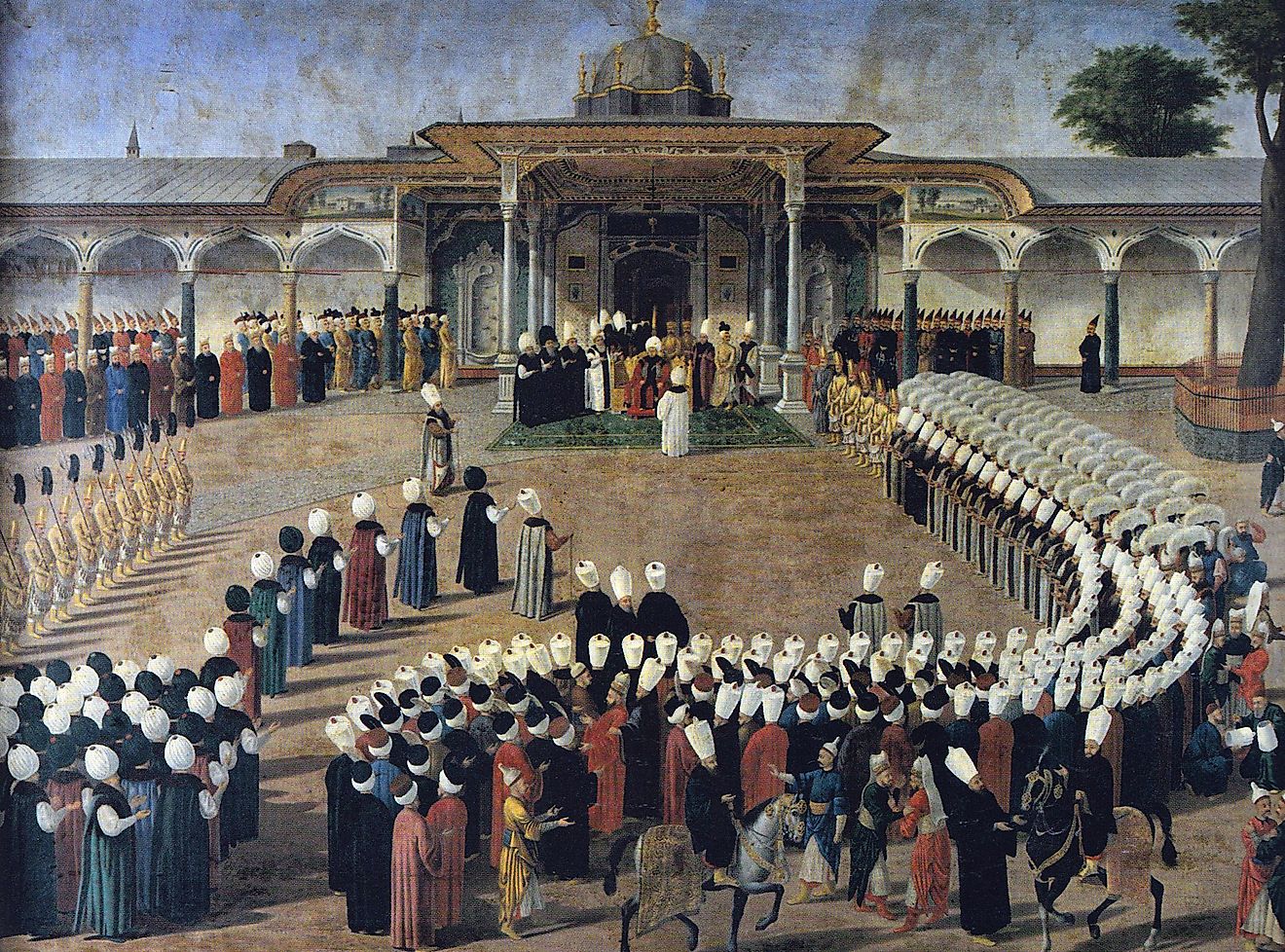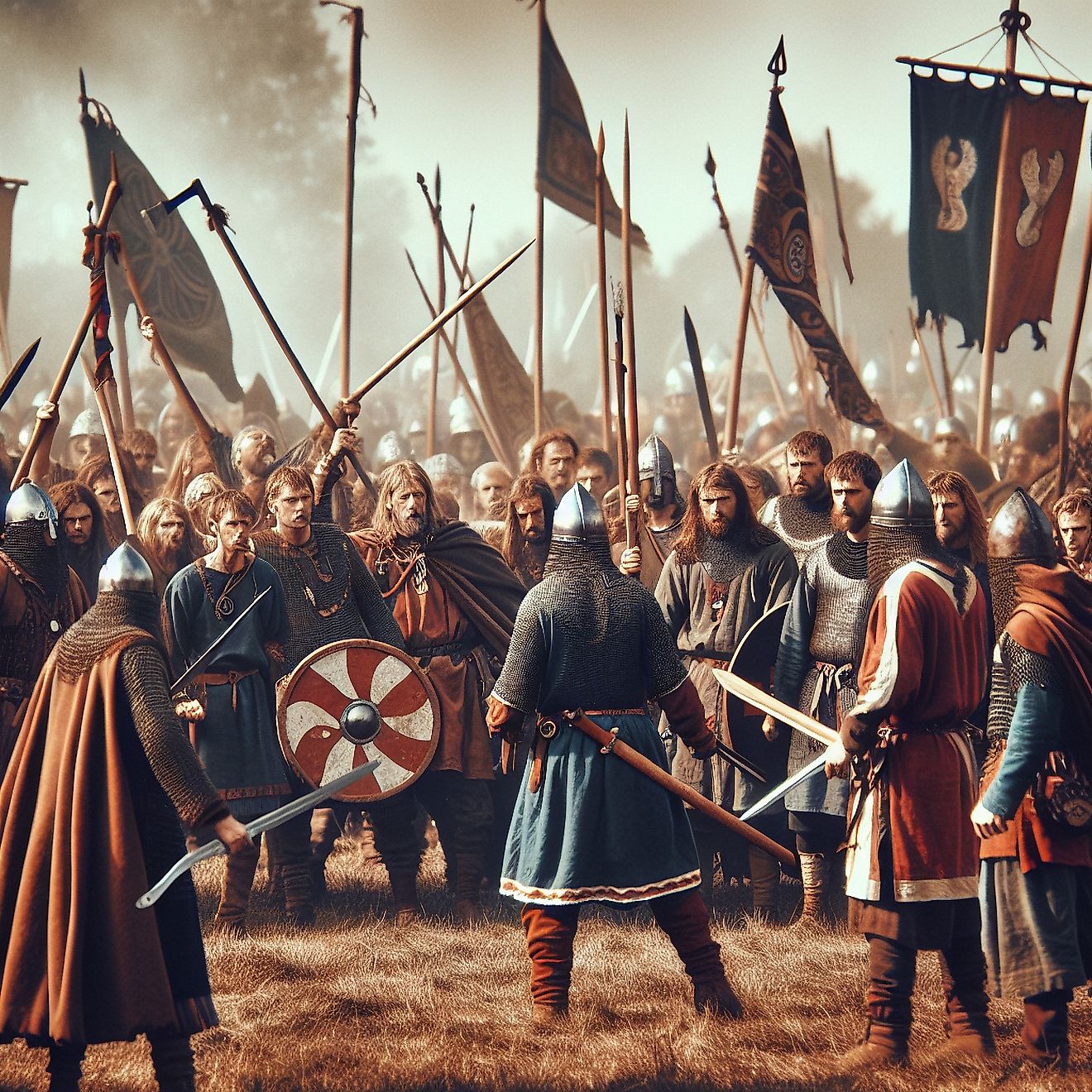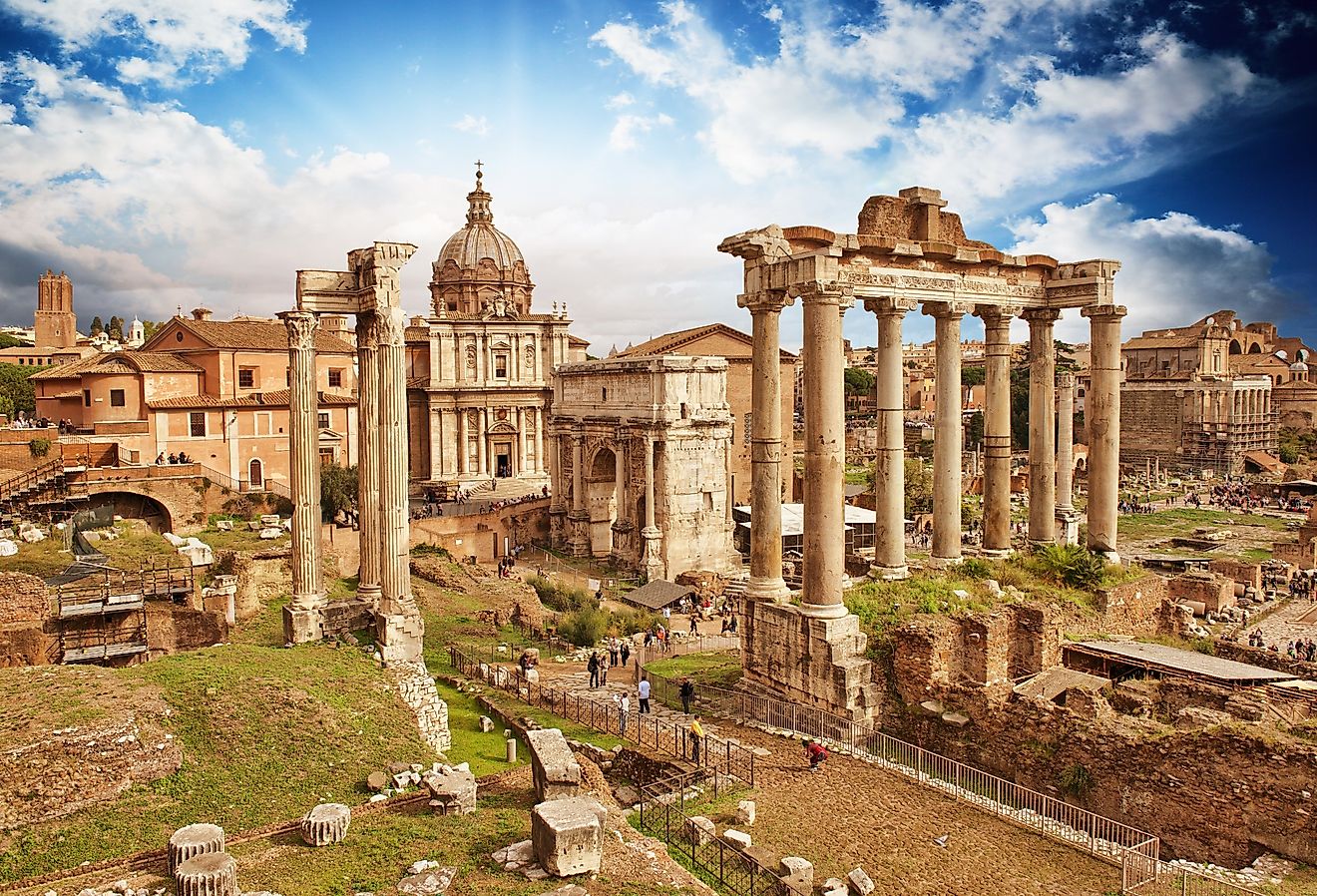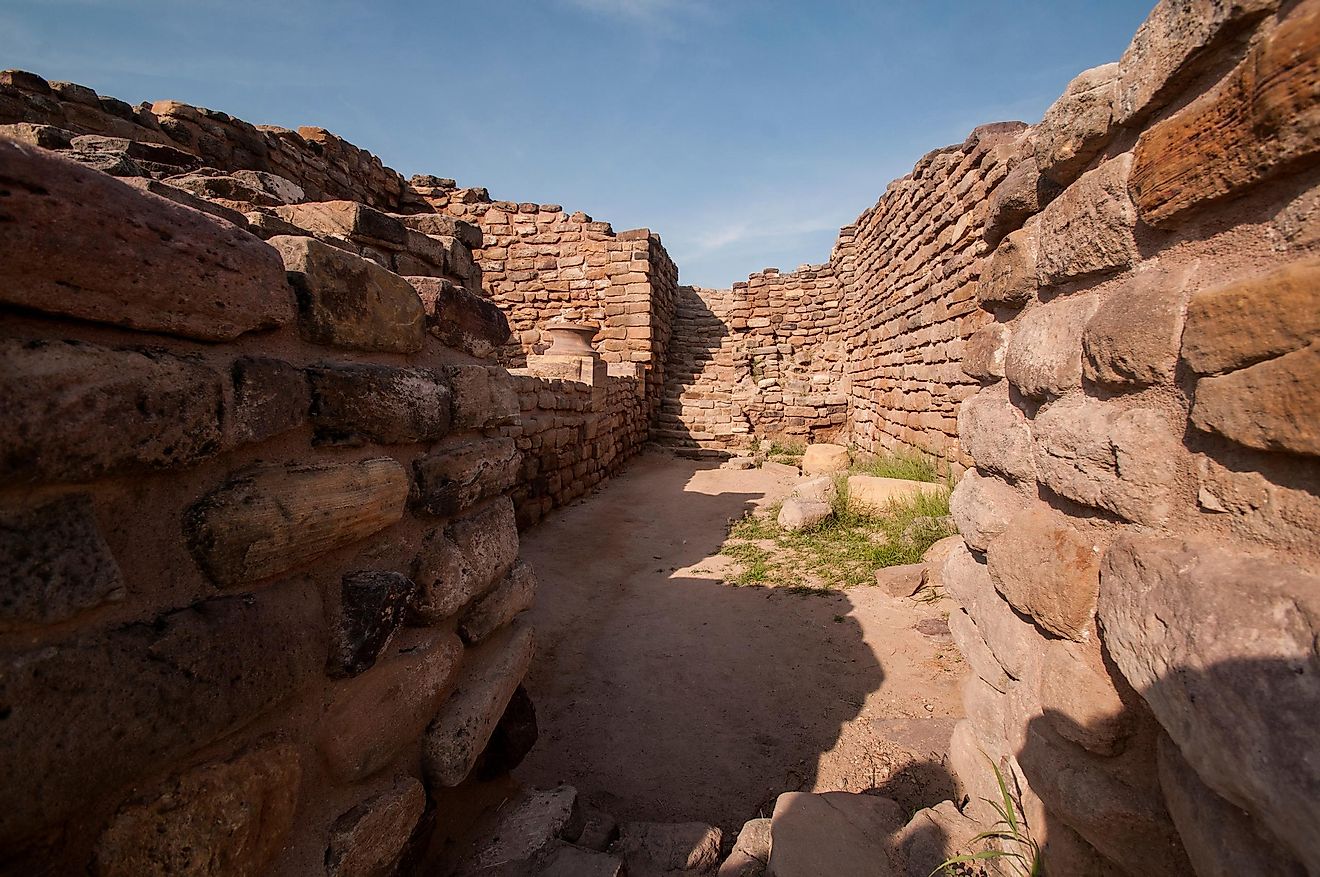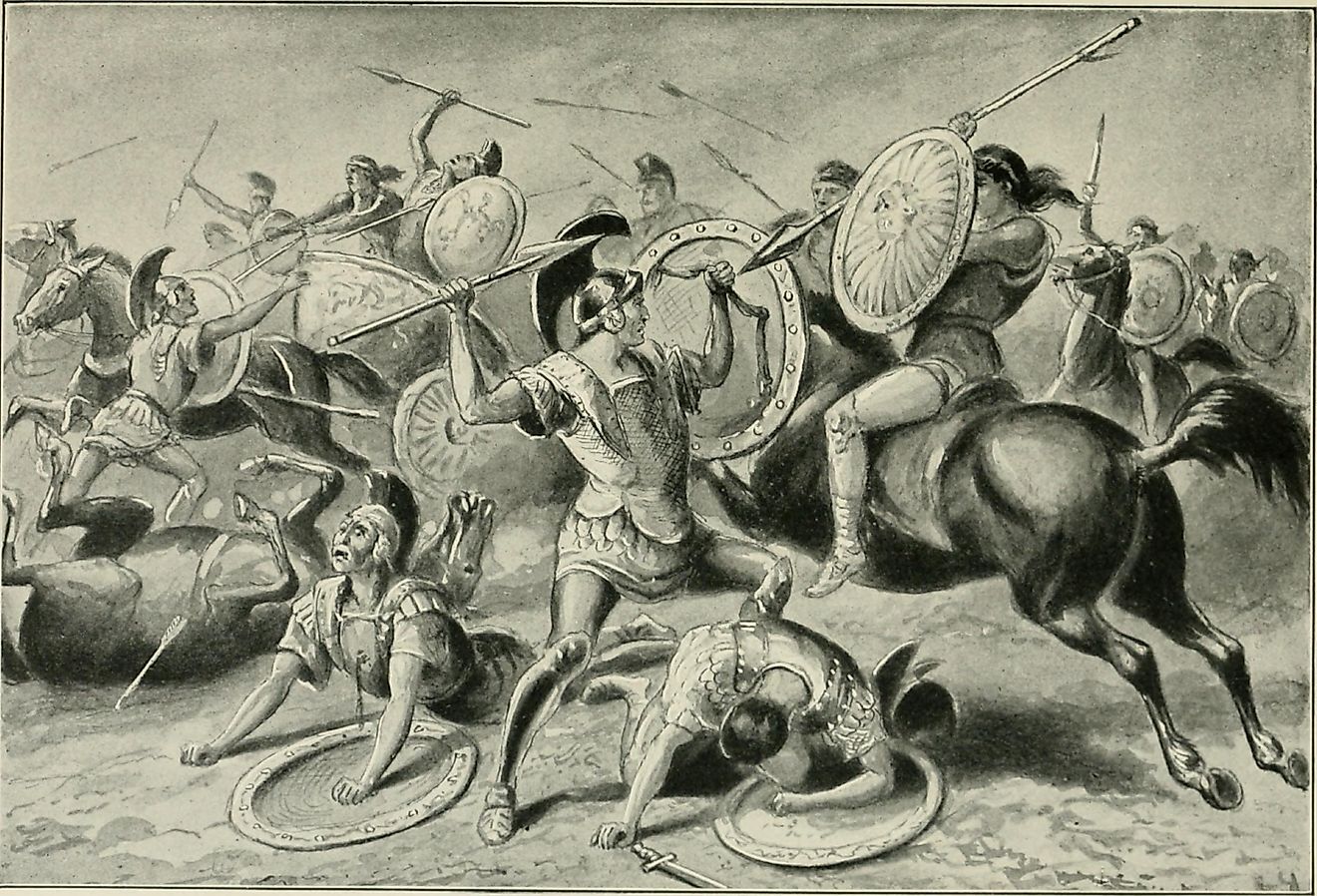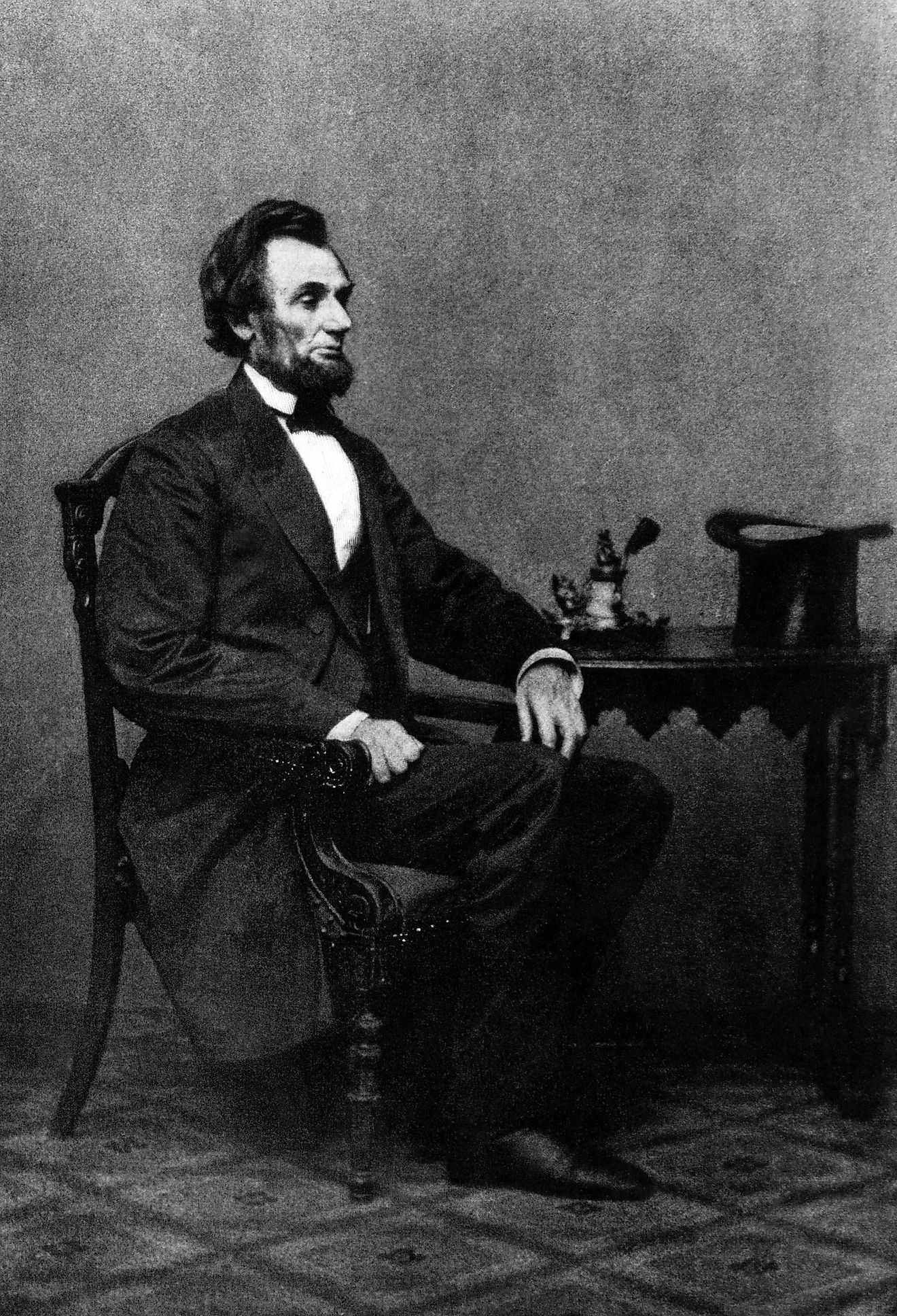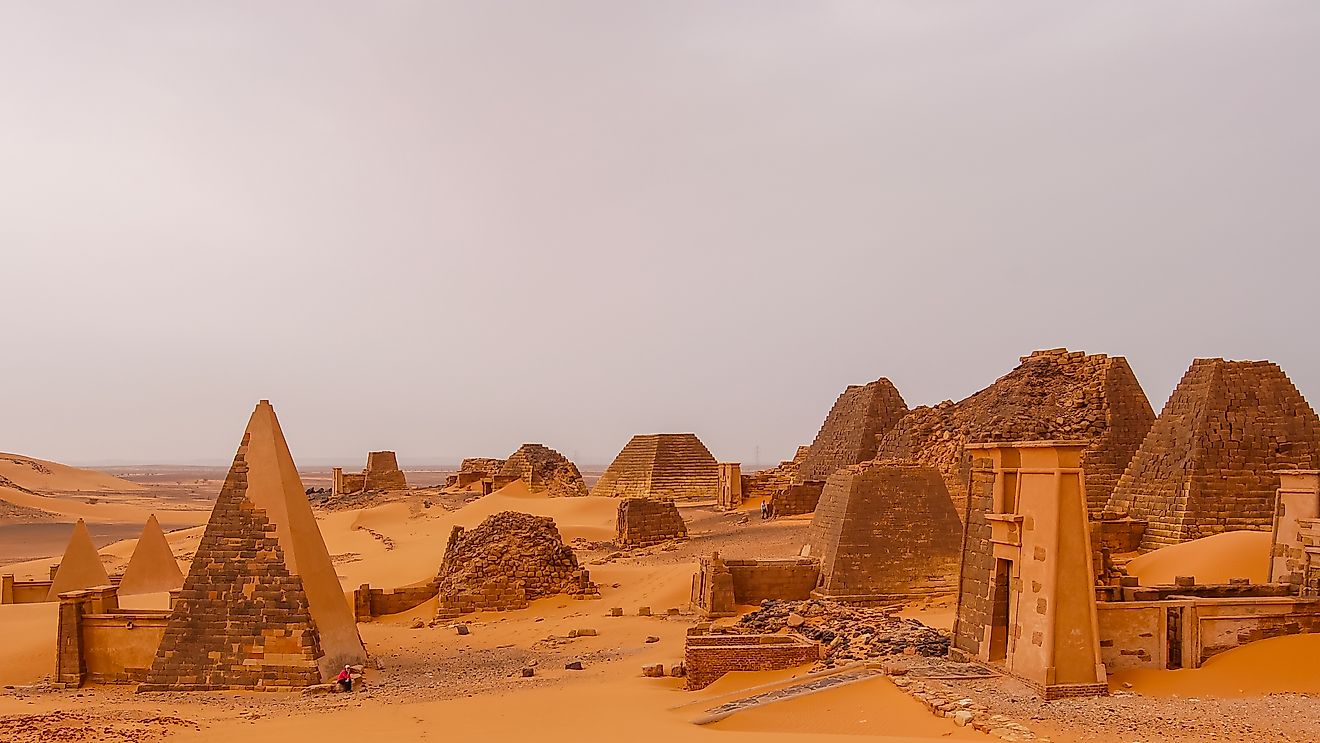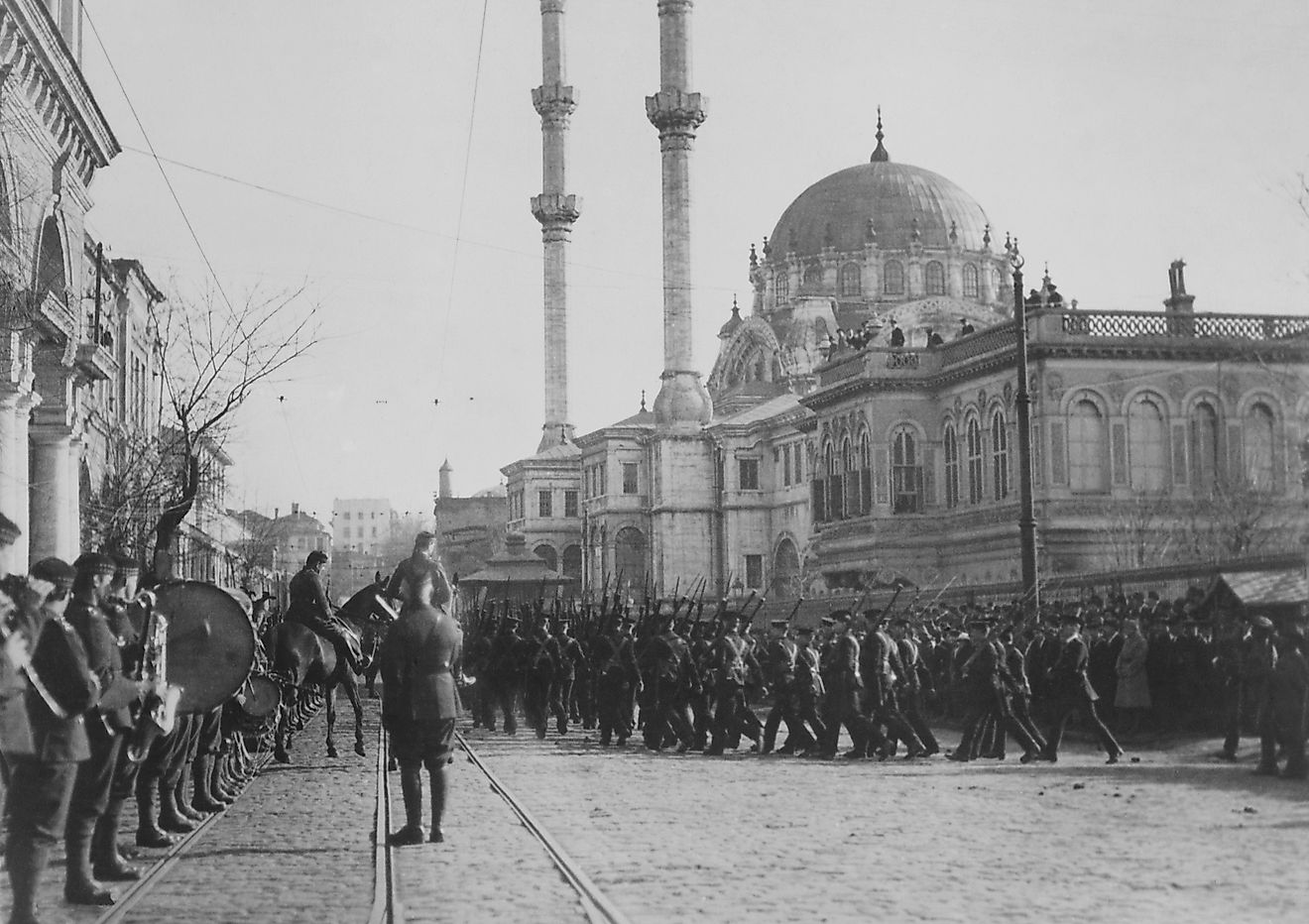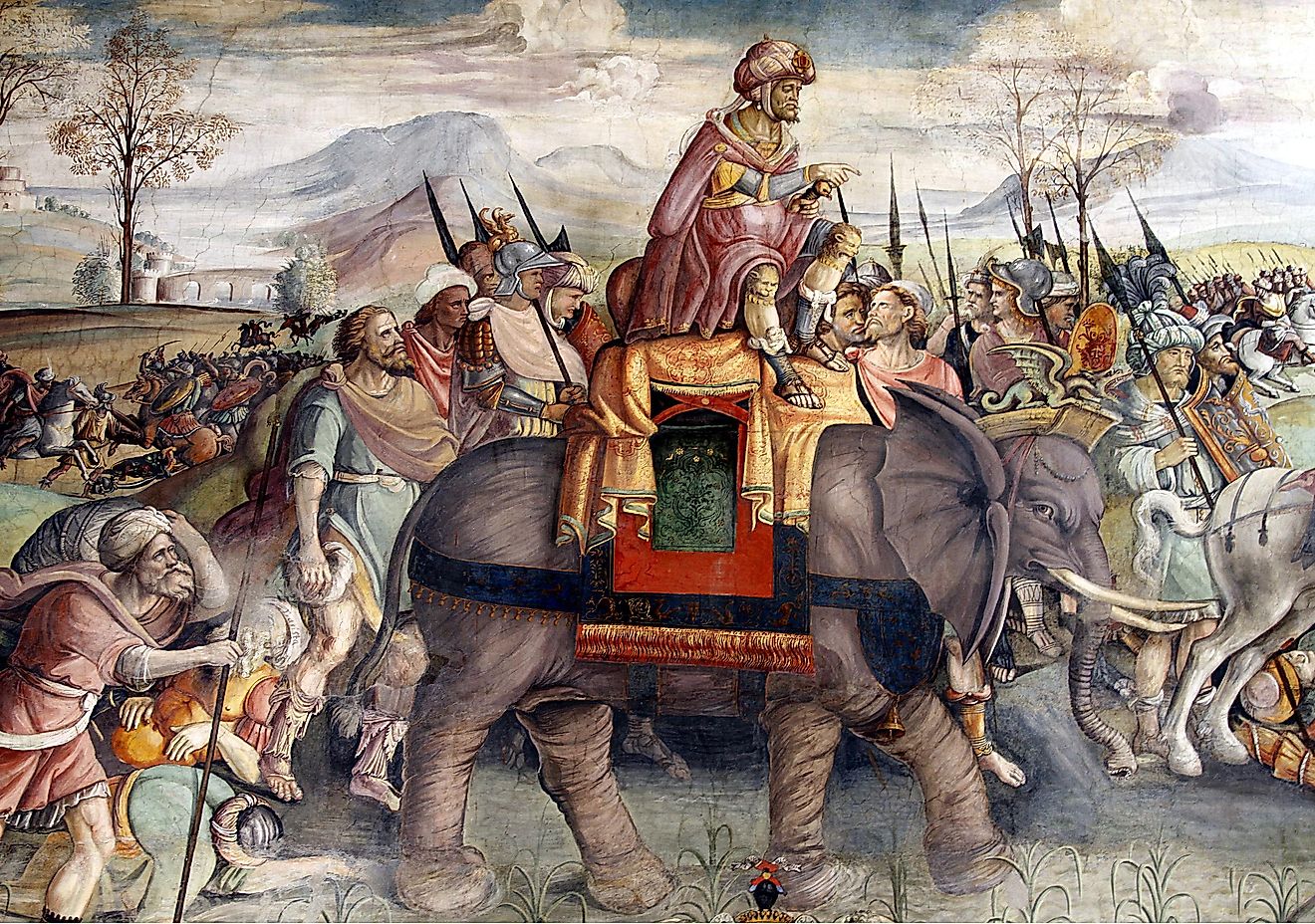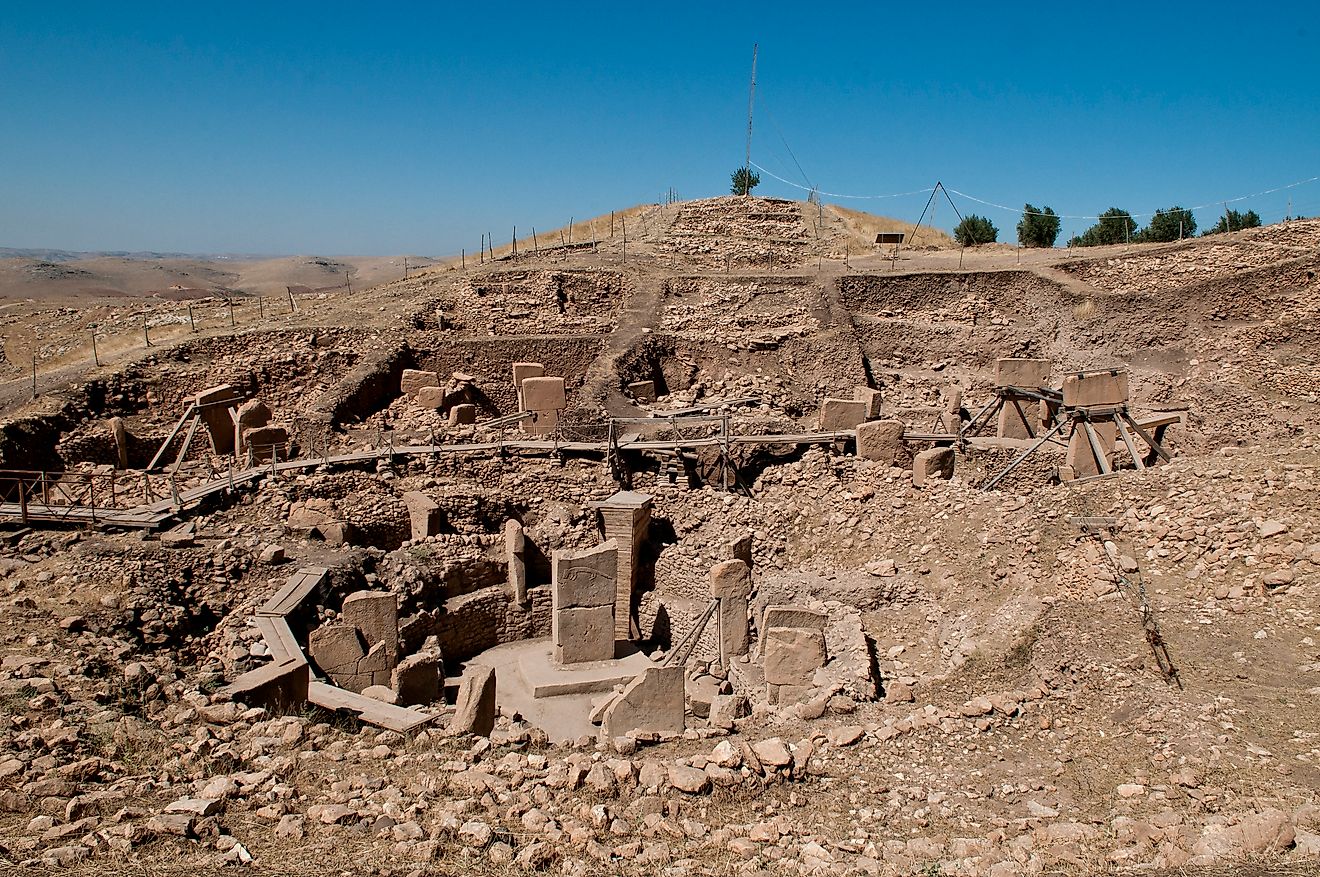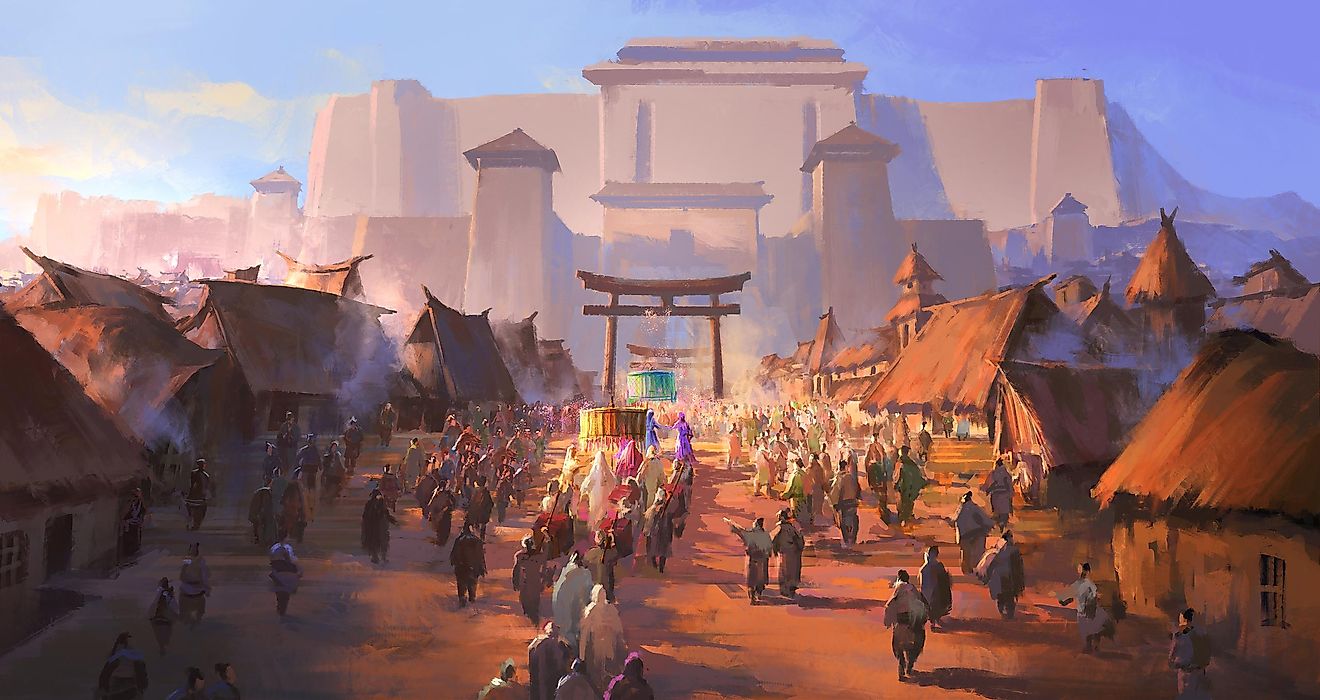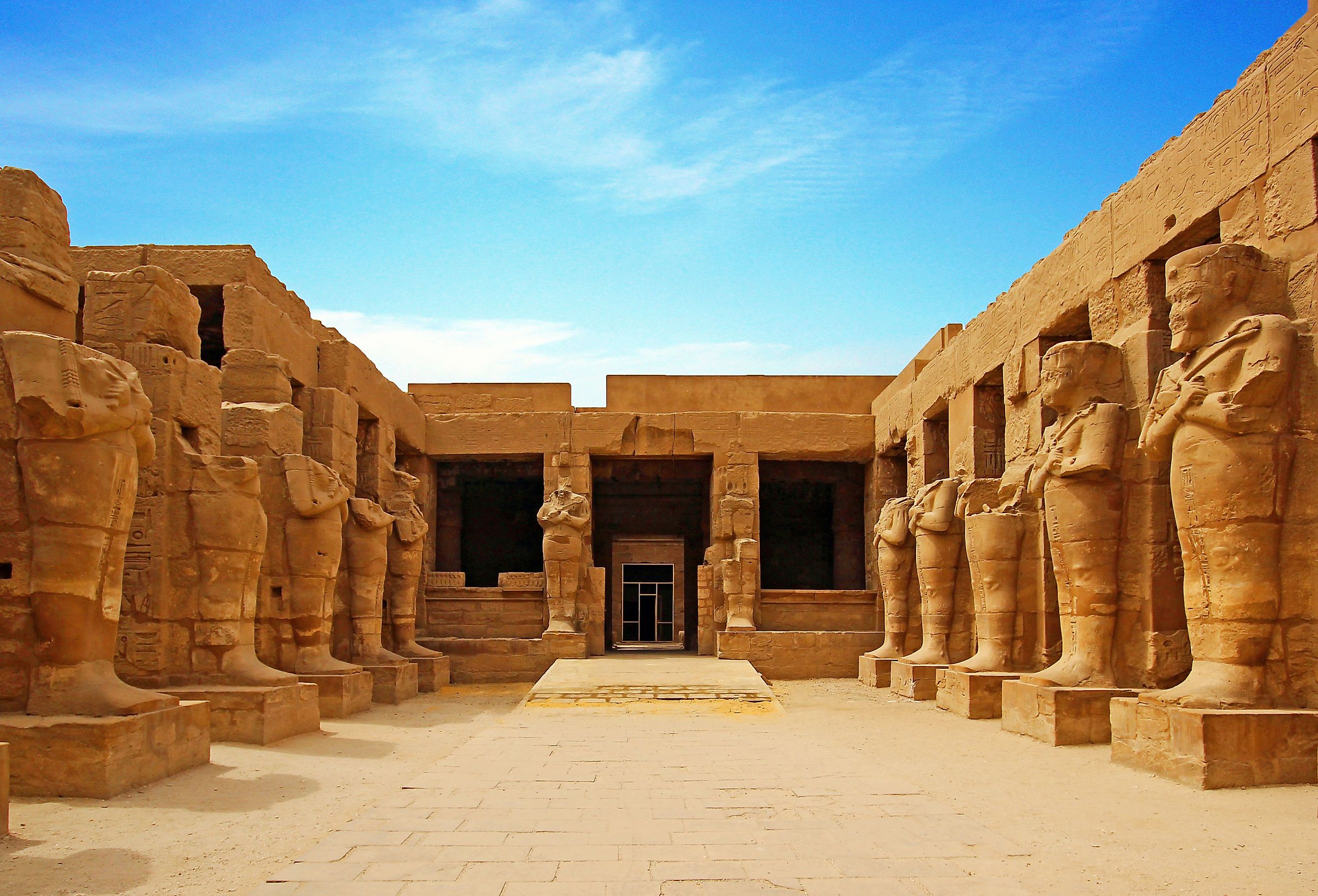
The Elite Special Forces of Ancient Egypt
The military of Ancient Egypt was quite different from how modern militaries function today. While most contemporary militaries are made up entirely of professional soldiers who are either conscripted into service or willingly volunteer, the armies of Bronze Age Egypt largely consisted of poorly armed peasants and commoners who had little in the way of training or combat experience.
However, despite the vast bulk of ancient armies being made up of low-level troops there were of course those who stood out from the crowd and forged themselves a reputation as formidable and capable soldiers. In Ancient Egypt, the elite soldiers of the Pharoh's army were the Medjay.
From the Edges of the Civilized World

The Medjay are first mentioned as early as the Egyptian Old Kingdom which lasted between 2649 and 2130 B.C. It is widely accepted that the Medjay likely started out as a semi-nomadic people who hailed from the land the Egyptians called Nubia, which is today modern-day Sudan.
The Medjay inhabited a stretch of land that was located along the Red Sea and the eastern desert that bordered Egyptian territory. There is no doubt that the Medjay would have lived incredibly tough and brutal lives. Braving the crushing heat and with little in the way of food or water, the average Medjay was considerably more robust and durable than their city-dwelling cousins in Egypt.
It is not clear how the Medjay settled into Egypt in any considerable number but it is most likely that they migrated north into more favorable climates or in search of more reliable food sources. It was not long after their contact with Egypt that they were noted for their unrivaled use of the bow and arrow and expert command of chariots and horses.
The Medjay at War
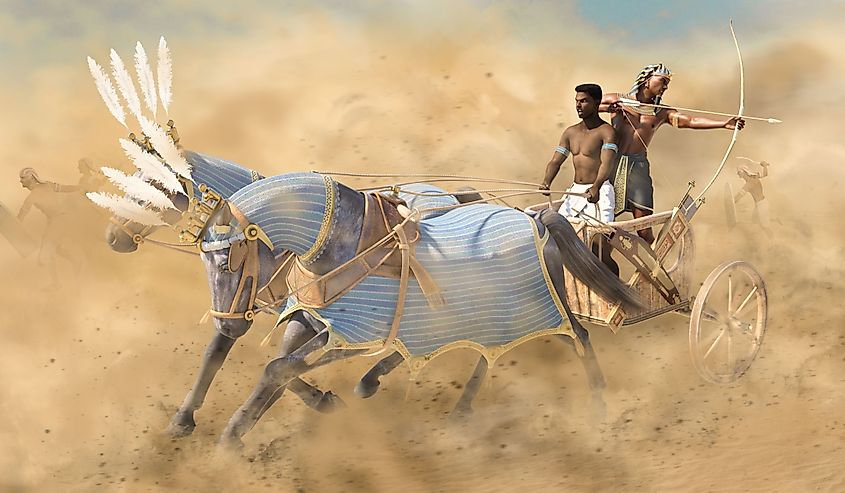
Using their nomadic background to their advantage, the Medjay were experts at fighting in the vast expanses of the desert. No matter if the enemy was a rival enemy kingdom from the Middle East or raiders attacking from the Sarhara or Nubia, the Egyptians used Medjay troops to repel these invaders with stunning effectiveness.
The Madjay were primarily used as shock troops on the battlefield. They would position themselves on the flanks of enemy formations either on horses or in chariots and carry out devasting charges that would often cause the enemy forces to panic and flee.
Not only were the Medjay vital contributors in the battle, but they also served as invaluable reconnaissance units that were used to scout ahead of the main Egyptian army and relay crucial information back to generals about the whereabouts of enemy armies and encampments.
Their time spent in the desert allowed them to move with stunning speed and could easily outrun or even harass other hostile scouting parties. Using their knowledge of the land around them they could forage for food with little difficulty and stay out in the field days or even weeks at a time.
Beyond the Battlefield
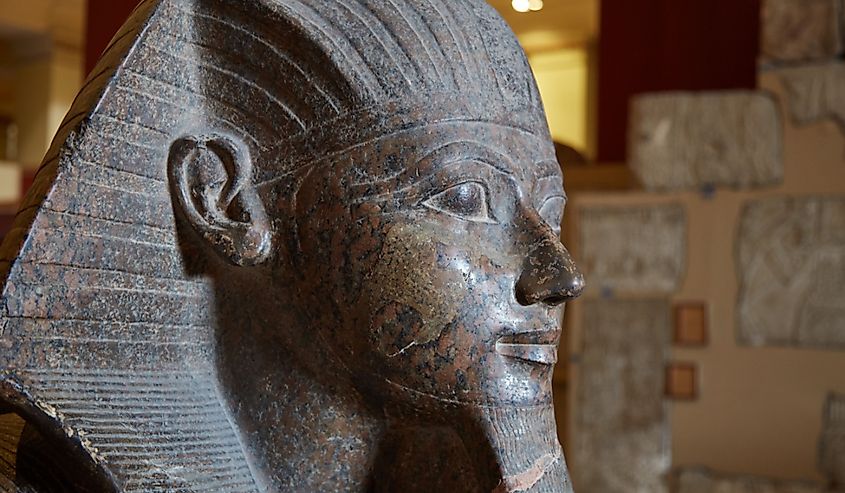
Despite their unquestionable impact in times of war, the Medjay were also used in peacetime in other important positions as well. The Medjay were famous for their intense loyalty and trustworthiness which made them ideal candidates as bodyguards. They would usually be tasked with accompanying an Egyptian noble or member of the royal family when they traveled or went on campaign. Their fierce reputation alone would have likely been enough to dissuade even the most determined would-be assassin.
The Medjay were also used in police roles across Egyptian cities and towns. It is a safe assumption that the Medjay were largely respected throughout Egyptian society so their position as peacekeepers was something of a natural fit for them when the nation was not at war.
Police work in Ancient Egypt would have looked almost unrecognizable by today's standards and would have mostly consisted of patrolling city streets and breaking up riots or small squabbles between commoners.
From Nomads to City Folk
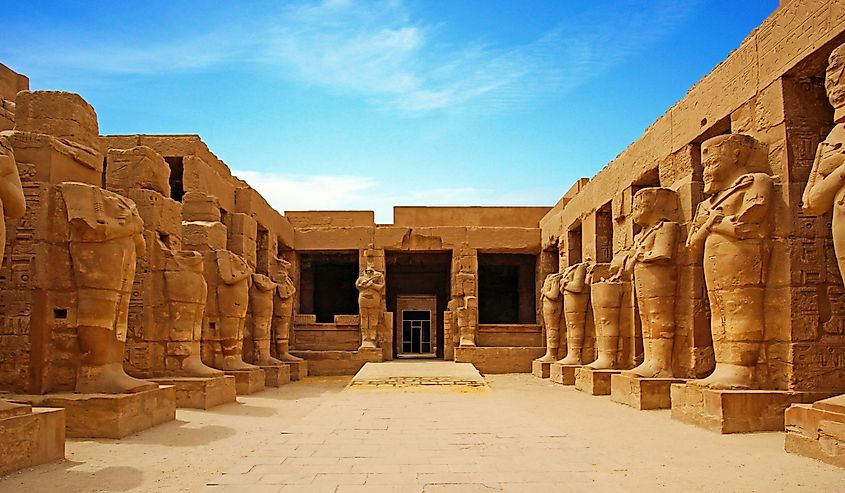
As the Medjay began to regularly intermingle with Egyptian society they gradually started to abandon their nomadic lifestyle in favor of the much cushier and easygoing path of city living. This did not all happen overnight but by the 18th Dynasty, the Medjay were used exclusively as a paramilitary force that was under the direct command of the pharaoh.
They were now tasked with protecting the pharaoh and guarding graveyards and other religious sites such as temples and shrines. For centuries, this prestigious position was held exclusively by the Medjay but by the 19th Dynasty, it was ruled that anyone, regardless of background could take on these roles.
By the 20th Dynasty lasting from 1189 BC to 1077 BC, mentions of the Medjay slowly faded from record and soon stopped completely. It is not entirely clear what happened but it is assumed by many historians that the majority of Medjay either assimilated into Egyptian society or the once near-sacred position of being a Medjay soldier lost its luster once the general population was allowed to participate.
Summary
The likely fate of the Medjay might seem exceptional but in fact, is the rule rather than the exception. Countless times throughout history nomadic people have come into contact with sedentary "civilized" folk only to seamlessly assimilate into their culture within a few generations.
Regardless, the legacy of the Medjay still lives on today in modern movies, art, television shows, and video games. Their reputation as being unwaveringly loyal and fierce warriors is something that will continue to be just one of the many captivating aspects of Ancient Egyptian society.
